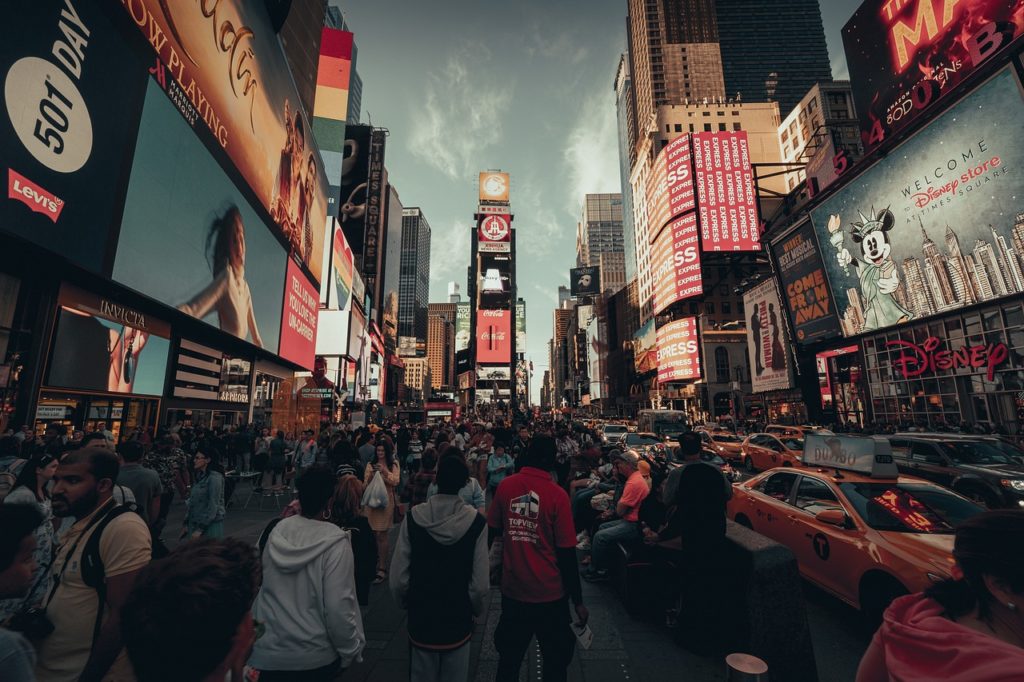 I am an international student. I was born and raised in Chengdu, China, a city that I doubt anyone who didn’t grow up in China would know. I never liked Chengdu: I spent the first fifteen years of my life there, and for me, it felt second-tier to larger cities such as Beijing or Shanghai. Most, if not all, of the Chinese students currently at Blair are from those two cities. But as I started Blair as a freshman, my sense of cultural pride began to grow. I identified with Chengdu more than ever: the land where hot pots and pandas came from. That lasted barely a year.
I am an international student. I was born and raised in Chengdu, China, a city that I doubt anyone who didn’t grow up in China would know. I never liked Chengdu: I spent the first fifteen years of my life there, and for me, it felt second-tier to larger cities such as Beijing or Shanghai. Most, if not all, of the Chinese students currently at Blair are from those two cities. But as I started Blair as a freshman, my sense of cultural pride began to grow. I identified with Chengdu more than ever: the land where hot pots and pandas came from. That lasted barely a year.
I’ve been playing with the term “Asian American” recently. I’m certainly Asian, but when are you categorized as “American” also? What is the criteria? Do you have to grow up here, in America? Do you have to have an American passport? I truly matured in Blair, and by the time I’m thirty, I’d have spent over half my life here. So would that make me an “Asian American” then? I didn’t have an answer to that. I knew that, when I went back to China, eventually, I’d be more American than Chinese. Sometimes, it feels as if the Chinese in me is slowly being erased and replaced by American: I speak English more fluently than Chinese, most of the time. I text everyone except my mom in English. I struggle to read ancient Chinese, but I can read Shakespearean English just fine. One day, I was blown away by the horror that I know US History better than Chinese history, courtesy of Mr. Beck’s APUSH class.
But the decision was more or less made for me before I could decide. For two years in a row, I led two AAPI month seminars. AAPI stands for Asian American Pacific Islander. There’s no abbreviation for just Asian, and so I was lobbed into the category of “Asian American” along with everyone I knew.
In Mr. Compton’s African American Literature class, we learned about the “double-consciousness” of African Americans: the desire to not conform to American culture yet unwillingness to wipe it away. I always wondered if it applied to Asians too, this double-consciousness. But really, instead of consciousness, I think Asians experience more of a double-identity. My friends at home, Chengdu, would call me American the moment they hear me talk, but I’m not exactly “American” at Blair, I’m Asian. So it’s constantly a fight between those two identities to figure out which one holds more weight while I spend every day terrified that one side might finally win this tug-of-war and completely overshadow the other.
I’m still in the process of learning how to balance those two identities, and even after spending three years here, I feel none the wiser. Perhaps there never needed to be a war, that there is a way for my two identities to coexist. Or perhaps one side will always overshadow the other, it’s just a matter of time.
